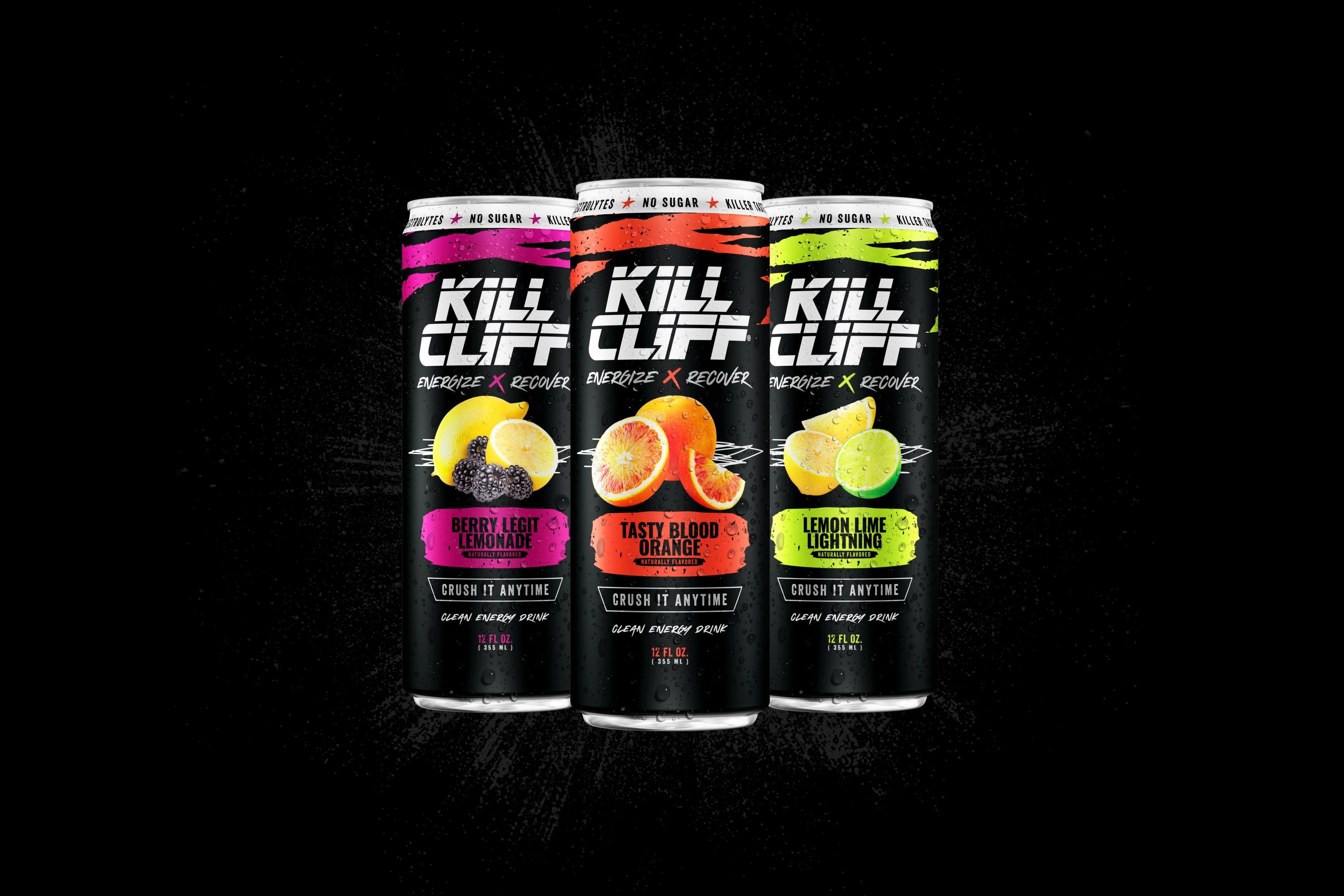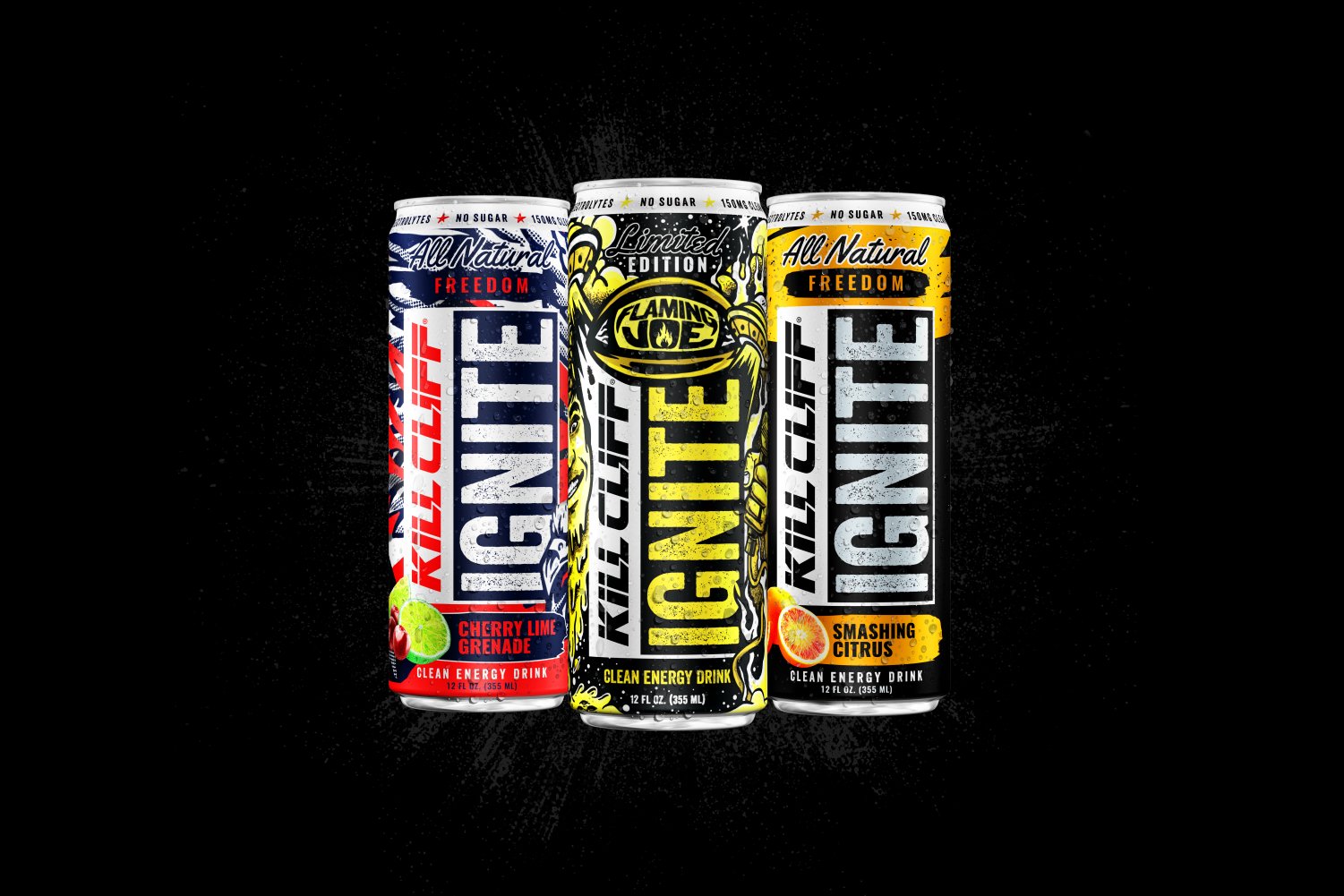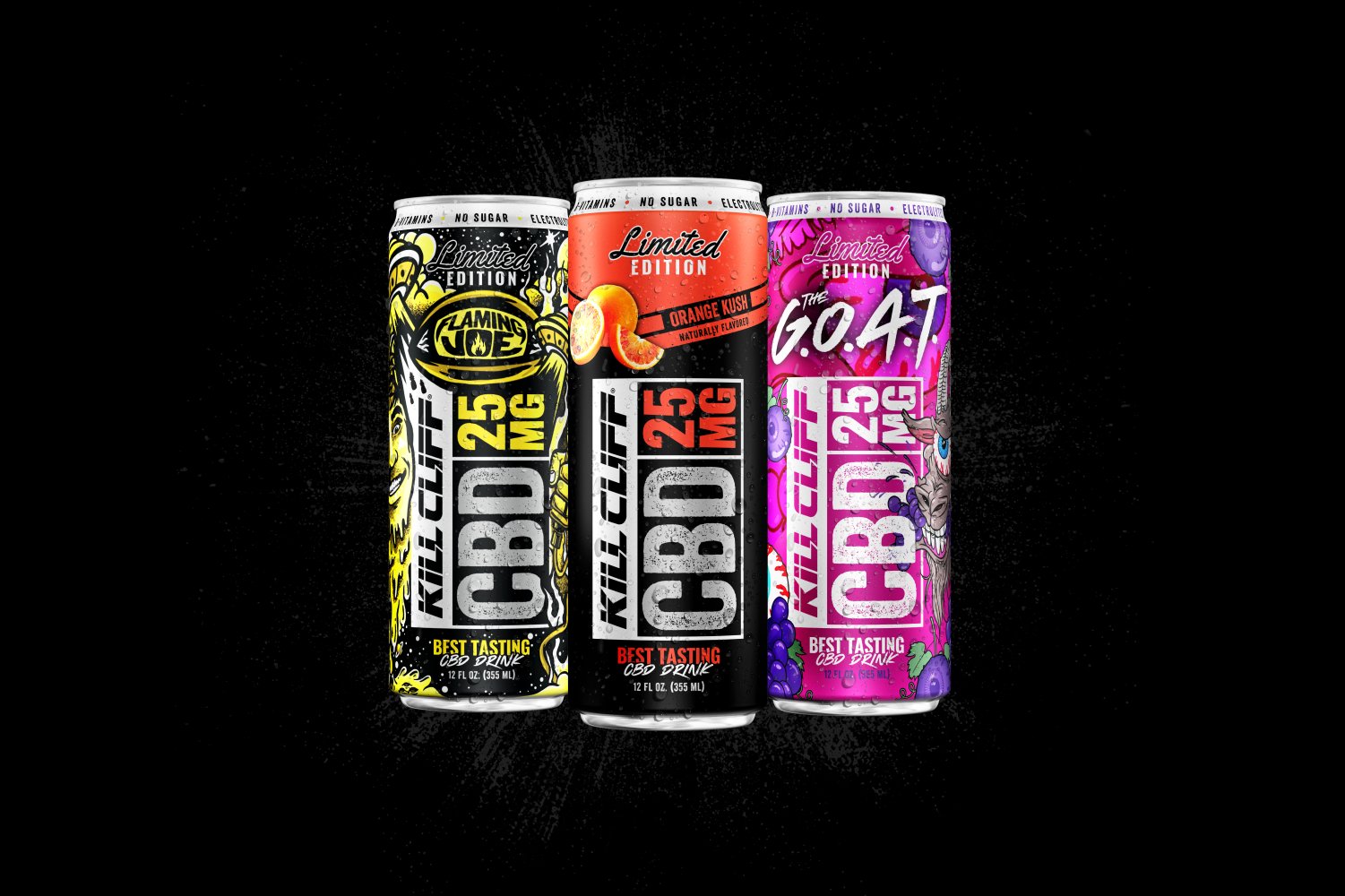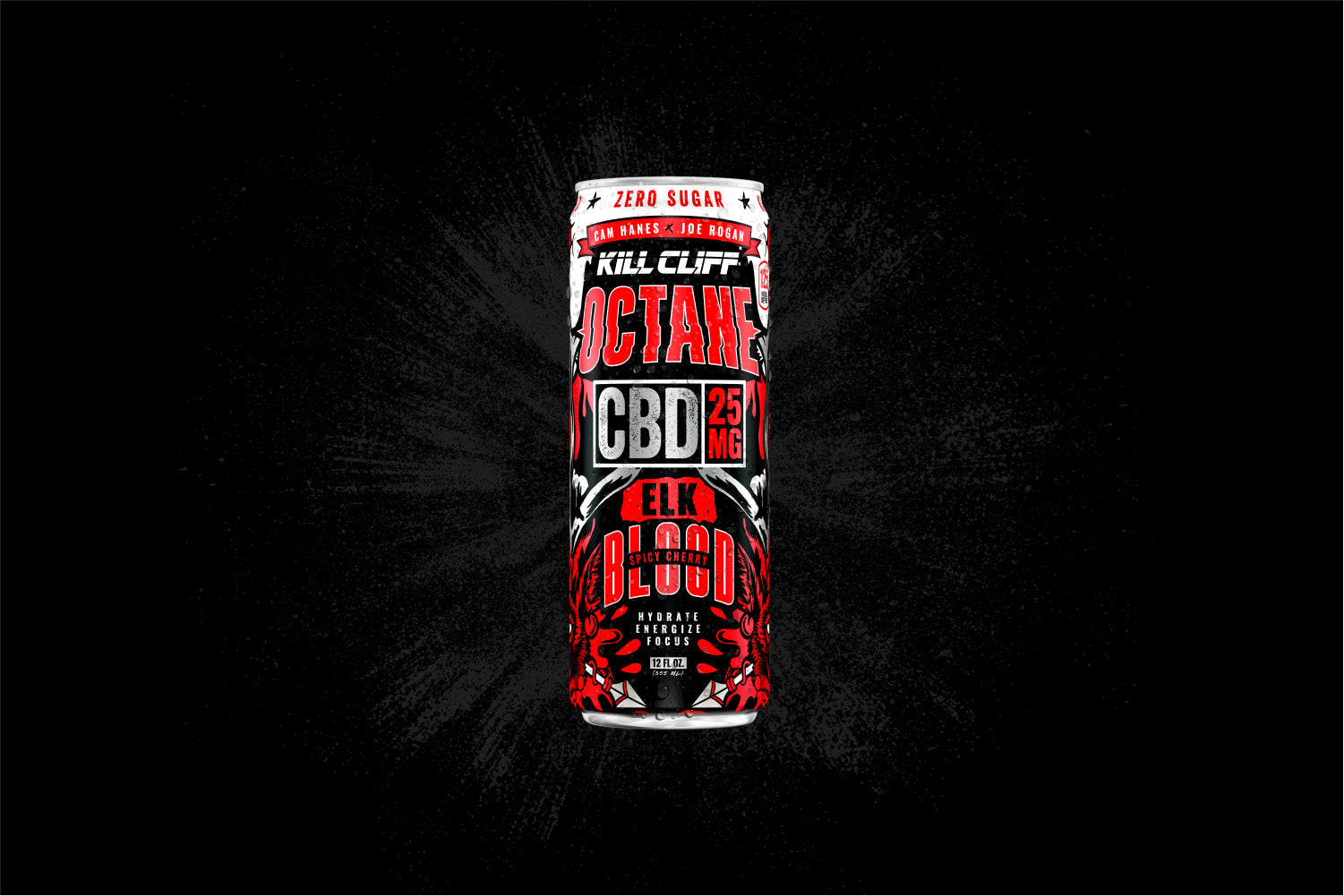
It's no secret that Gatorade is the leading name in sports drinks. You're bound to see a Gatorade ad during every sports game you watch on TV. They sponsor high-profile athletes such as Michael Jordan, Derek Jeter, Dwyane Wade, Peyton Manning, Lionel Messi, and more.
Though Gatorade has garnered respect in the sports world, many speculate if the leading sports beverage is as effective as they claim. Let's take a deeper look and see if Gatorade is worthy of being your sports drink of choice.
The Good of Gatorade
With hydration being such an important factor in an athlete's performance, Gatorade put an emphasis on electrolytes during its creation. Electrolytes are the minerals that regulate your body's ionic balance, keeping your brain, muscles, and nerves functioning properly. Examples of electrolytes include calcium, magnesium, chloride, phosphate, potassium, and sodium. To learn more about the importance of electrolytes, read our blog that goes into detail about electrolytes.
Gatorade has 165 milligrams of sodium and 52.5 milligrams of potassium per 12-ounce serving, so they are doing their part by providing a solid amount of electrolytes.
Another benefit of Gatorade is that sodium is an antidiuretic, meaning it minimizes urination which allows your body more time to absorb the electrolytes and regulate your ionic balance.
Electrolytes are really the only good of Gatorade. Let's get into the bad of Gatorade.
The Bad of Gatorade
Though Gatorade provides electrolytes, it's essentially sugar water.
The rewarding part of a workout is the calories you burn as a result of your efforts. The common 20 oz. bottle of Gatorade contains 125 calories, most of which come from the 36 GRAMS OF SUGAR. That's over two tablespoons of sugar in a small 20 oz. bottle.
Unless you're doing a longer, intense workout, you're likely not burning enough calories during your workout to make drinking that Gatorade worth it. Especially if you are a less-active person looking to lose weight through exercise, stay away from Gatorade as it will only hinder your weight loss.
Berkley researchers have stated that sugary sports drinks like Gatorade may be contributing to childhood obesity. Gatorade has also been linked to tooth decay.
In regards to less active people, drinking Gatorade could lead to weight gain and high blood pressure over time due to the excess amount of sugar and sodium intake.
The sugar in Gatorade, sucrose, is known to spike your glycemic index, giving you a quick shot of energy that also leads to a quick draining of that energy.
You might think to yourself "well, at least they have low-calorie options." Sure, Gatorade offers G2, but we don't recommend it, as it's filled with artificial sweeteners, such as acesulfame and sucralose, that can be harmful. To learn more about these dangerous sweeteners, read our blog about them here.
It's also important to note that Gatorade contains possibly dangerous food dyes, such as Red No. 40, Blue No.1, and Yellow No. 5. These dyes, derived from petroleum, have been linked to both cancer and hyperactivity in children.
It's safe to say that Gatorade isn't your best option for a sports drink. Sure, it contains electrolytes that will help you hydrate, but at what cost? There are healthier options for Electrolyte drinks out there.
What's the best Gatorade alternative?








